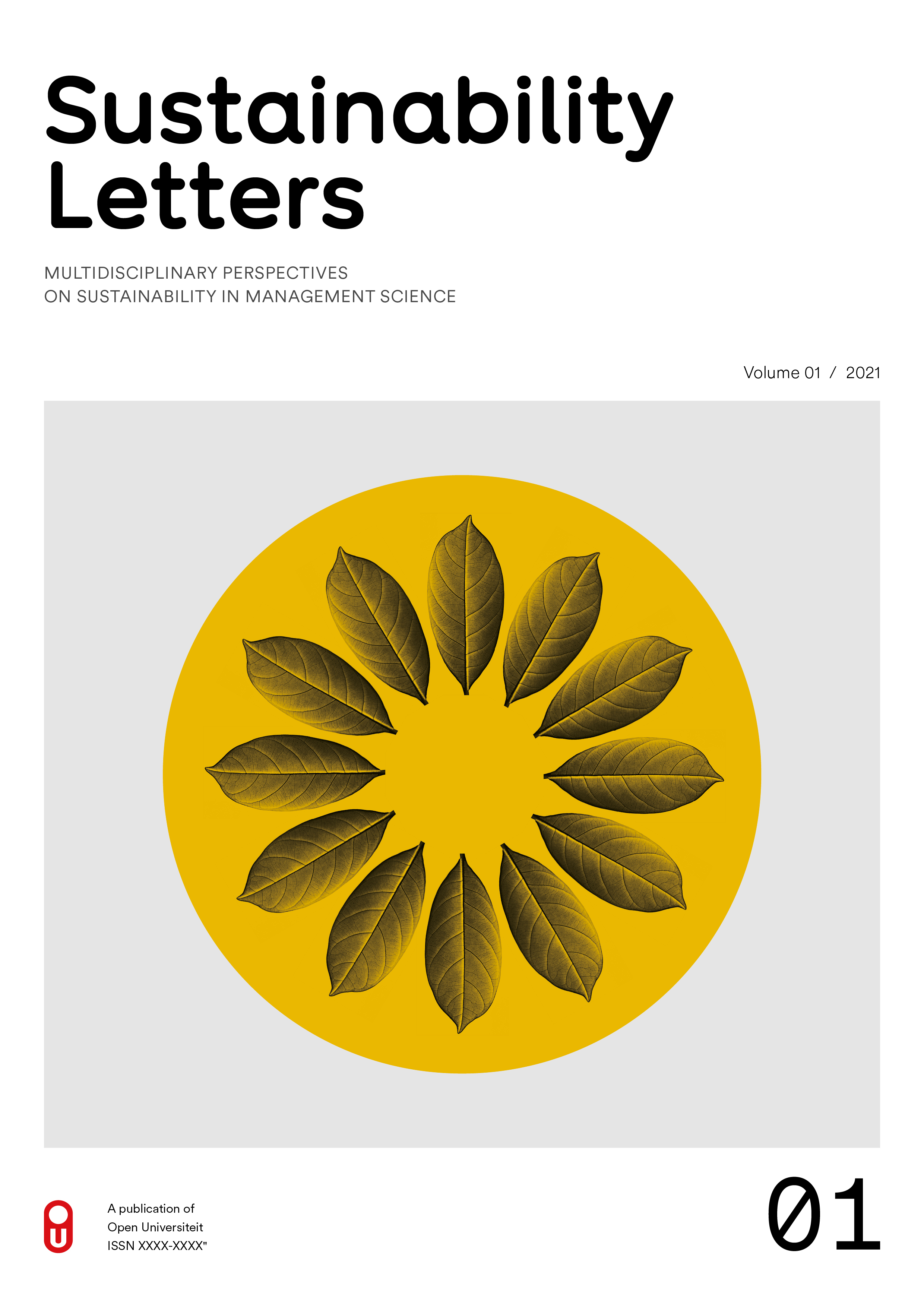Pedagogy for the City as an Emergent Cognitive System for Sustainability
DOI:
https://doi.org/10.62513/sl118064Keywords:
smart city, cognitive cities, complex adaptive systems, pedagogy, transdisciplinarityAbstract
In this short paper, we develop the case for moving away from the concept of a smart city in which the focus tends to be on shifting managerial responsibility onto computers. We offer the alternative conception of the city as an ecosystem, a complex adaptive system, and draw upon the biology of cognition to construe cognition as the skilful adaptation to living sustainably. Such skilful adaptations necessitate human operators and managers themselves to both develop necessary systemic redundancy to withstand future shocks, but also to acquire skills in multi-faceted domains and disciplines, including the use of Artificial Intelligence, to simulate future scenarios and to plan accordingly. To attain such skills and competencies, we briefly outline a viable and relevant transdisciplinary pedagogy for future city managers to develop smart sustainable cities.
Downloads
Downloads
Published
Issue
Section
License
Copyright (c) 2022 Andrew Mitchell, Muhammad U. Mazhar, Aladdin Ayesh, Mark Lemmon, Birgit Painter

This work is licensed under a Creative Commons Attribution 4.0 International License.


